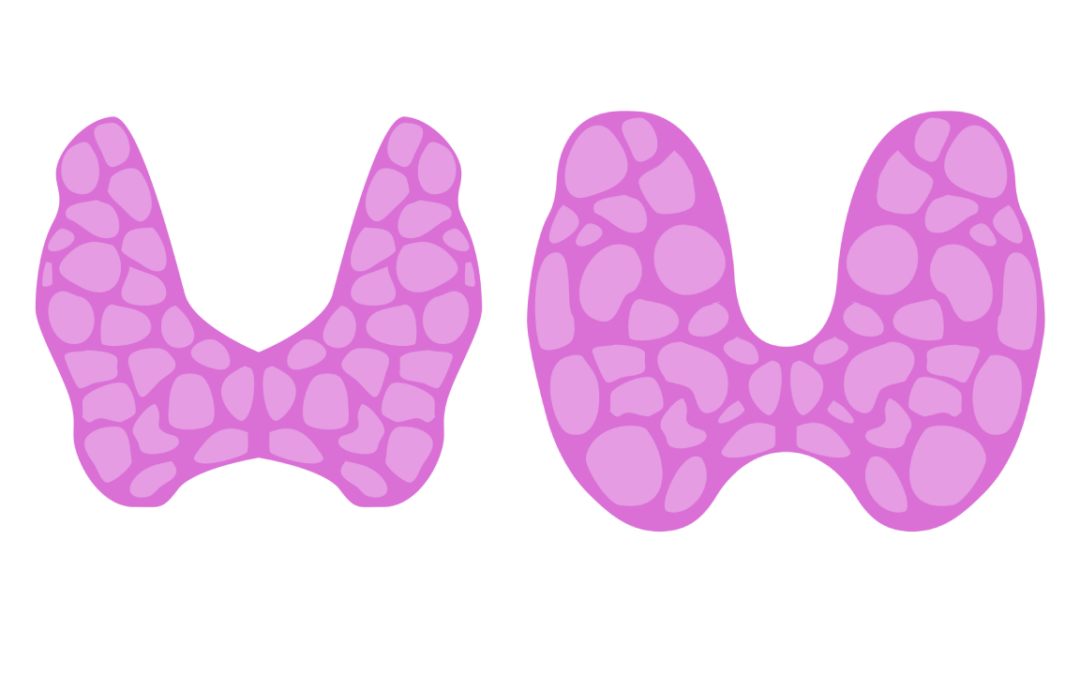The Thyroid Gland: Unlocking the Secrets of Hormone Regulation
Located just below the Adam’s apple, the thyroid gland plays a vital role in regulating metabolism, growth, and development. This butterfly-shaped gland produces two essential hormones, thyroxine (T4) and tri-iodo-thyronine (T3), which are released into the bloodstream to control various bodily functions.
How the Thyroid Gland Works
The thyroid gland receives instructions from the pituitary gland, a peanut-sized gland in the brain, to produce T3 and T4 hormones. The pituitary gland, in turn, receives signals from the hypothalamus, a region in the brain that senses the levels of T3 and T4 in the blood.
Functions of Thyroid Hormones
T3 and T4 hormones are essential for:
– Regulating metabolism and increasing basal metabolic rate
– Stimulating fat metabolism and carbohydrate breakdown
– Supporting normal growth and development during childhood and adolescence
– Maintaining heart rate and cardiac function
– Influencing brain function and mental performance
Effects of Thyroid Hormone Imbalance
An imbalance of thyroid hormones can lead to various health issues:
– Hyperthyroidism (high levels of T3 and T4): anxiety, irritability, hand tremors, hair loss, and sweating
– Hypothyroidism (low levels of T3 and T4): tiredness, difficulty concentrating, depression, trouble sleeping, and sensitivity to cold temperatures
Managing Thyroid Hormone Imbalance
Both hyperthyroidism and hypothyroidism can be managed with:
– Iodine-rich food intake
– Prescription medications
– Lifestyle changes, such as stress management and regular exercise
By understanding the thyroid gland’s role in hormone regulation, we can better appreciate the importance of maintaining a healthy balance of T3 and T4 hormones in our bodies.
References
https://www.webmd.com/women/guide/understanding-thyroid-problems-basics#1
https://www.webmd.com/women/picture-of-the-thyroid#1
https://medlineplus.gov/thyroiddiseases.html
https://my.clevelandclinic.org/health/diseases/8541-thyroid-disease
https://www.womenshealth.gov/a-z-topics/thyroid-disease

